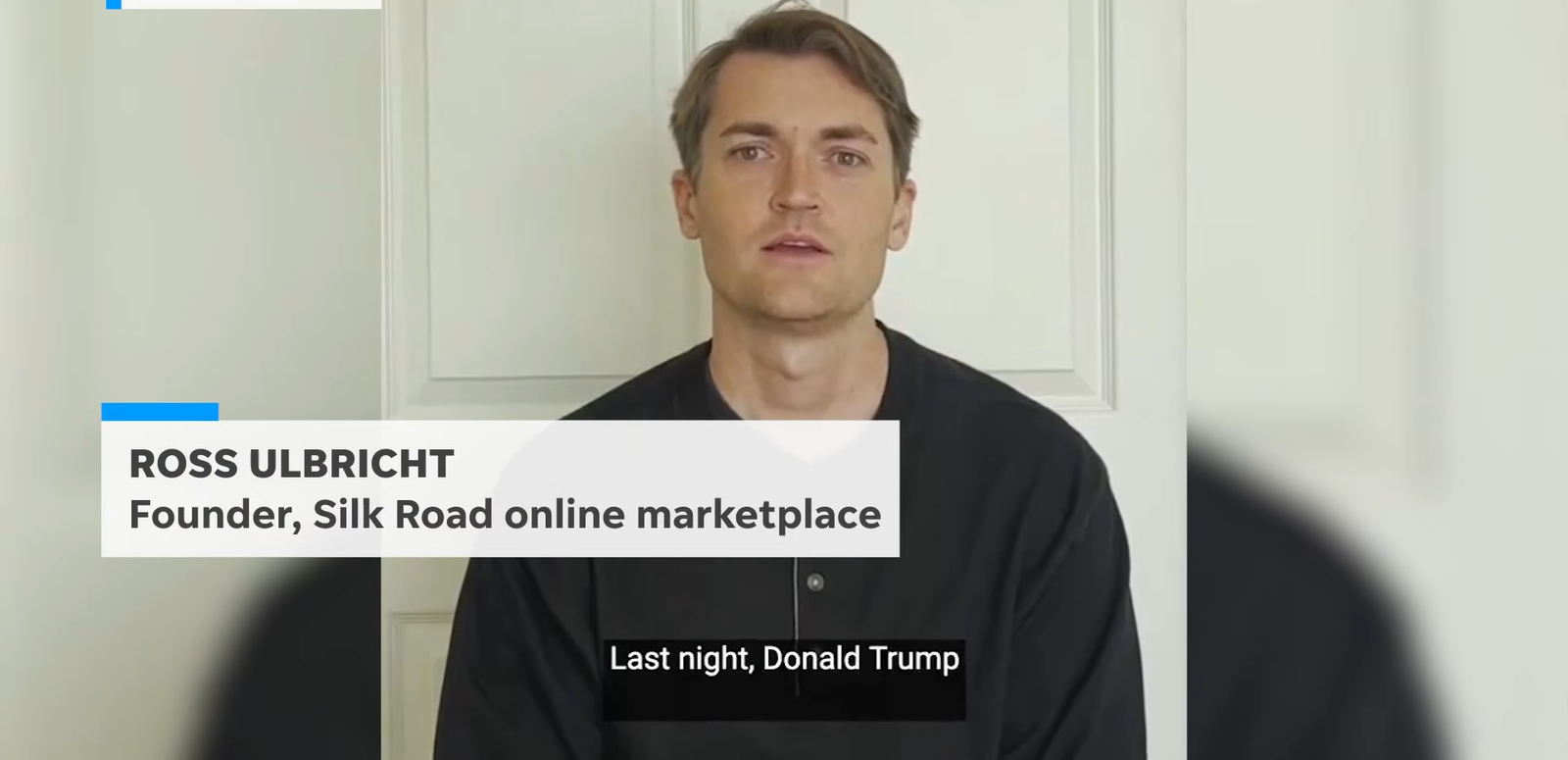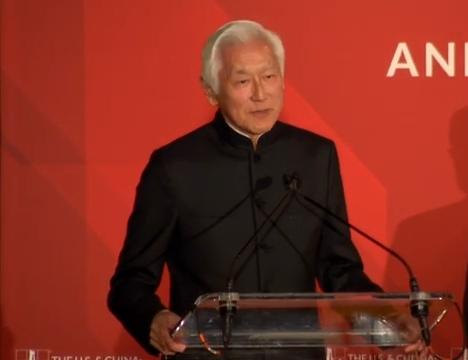Introduction: Who is Ross Ulbricht?
Ross Ulbricht is a controversial figure known for creating Silk Road, an online black market that operated on the dark web. It became a revolutionary platform, offering anonymous transactions using Bitcoin. While some viewed Ulbricht as a libertarian idealist promoting economic freedom, authorities saw him as a mastermind behind illegal drug sales and criminal activities.
His arrest in 2013 marked the end of Silk Road, but his name remains a significant part of the debate on internet freedom, privacy, and justice. This article explores his journey, the rise and fall of Silk Road, and the ongoing discussions around his case.
Quick Facts About Ross Ulbricht
- Full Name: Ross William Ulbricht
- Born: March 27, 1984
- Birthplace: Austin, Texas, USA
- Famous For: Founder of Silk Road, a darknet marketplace
- Arrested: October 1, 2013
- Conviction: Life imprisonment without parole (later pardoned in 2025)
- Known As: “Dread Pirate Roberts”
The Early Life and Education of Ross Ulbricht
Before becoming the infamous founder of Silk Road, Ross Ulbricht had a promising future. Born in Texas, he grew up excelling in academics and outdoor activities. He was an Eagle Scout in his youth, showing early signs of determination and leadership.
Ulbricht attended the University of Texas at Dallas, where he earned a degree in Physics. Later, he pursued a Master’s in Materials Science and Engineering at Pennsylvania State University. During this time, he became deeply influenced by libertarian ideologies, agorism, and Austrian economics, which later played a role in his decision to create Silk Road.
The Creation of Silk Road – A Darknet Revolution
In 2011, Ross Ulbricht launched Silk Road, a dark web marketplace designed to allow users to buy and sell goods anonymously. Transactions were conducted using Bitcoin, making them untraceable.
The platform quickly gained popularity as it provided a marketplace for everything from drugs, hacking services, weapons, and counterfeit documents. Ulbricht operated under the pseudonym “Dread Pirate Roberts” (DPR), a reference to a character from The Princess Bride.
Why Was Silk Road So Popular?
Silk Road attracted thousands of users for the following reasons:
- Anonymity – Buyers and sellers used Tor to access the marketplace.
- Bitcoin Transactions – Provided a decentralized and untraceable payment method.
- Freedom from Government Control – Ulbricht saw the marketplace as an experiment in economic freedom.
Despite its advantages for users, authorities saw Silk Road as a hub for illegal activities, leading to a massive investigation.
The FBI Investigation and Arrest of Ross Ulbricht
As Silk Road gained traction, law enforcement agencies, including the FBI, DEA, and Homeland Security, launched a full-scale investigation. The biggest challenge for authorities was identifying the individual behind Dread Pirate Roberts.
In October 2013, Ross Ulbricht was arrested at the San Francisco Public Library while using his laptop. The FBI seized the Silk Road servers, effectively shutting down the marketplace.
Charges and Conviction
Ulbricht faced several serious charges, including:
- Conspiracy to commit money laundering
- Conspiracy to distribute narcotics
- Engaging in a continuing criminal enterprise (similar to charges used against drug lords)
In 2015, he was sentenced to life imprisonment without parole. His conviction sparked outrage among libertarians, privacy advocates, and cryptocurrency enthusiasts, who argued that the punishment was excessive.
The Fight for Ross Ulbricht’s Freedom
Over the years, Ulbricht’s supporters have actively campaigned for his release. Many believed his sentence was unjust compared to other cybercriminals who received lighter punishments.
His family launched the “Free Ross” movement, gathering over 500,000 signatures in support of clemency. High-profile figures in the cryptocurrency and libertarian communities, including Edward Snowden and Roger Ver, also voiced their support.
Presidential Pardon in 2025
In January 2025, President Donald Trump granted Ross Ulbricht a full and unconditional pardon, citing concerns about disproportionate sentencing. After spending 12 years in prison, he was finally released.
Ross Ulbricht’s Net Worth – What Happened to His Bitcoin?
At the time of his arrest, the FBI confiscated 144,000 BTC from Ulbricht’s accounts, which were later auctioned. However, reports suggest that additional Bitcoin wallets linked to him remain untouched, containing an estimated 430 BTC worth $47 million in 2025.
While it is uncertain whether he has access to these funds, legal experts speculate that any claim over the Bitcoin could result in new legal battles.
The Legacy of Silk Road and Its Impact on the Dark Web
Silk Road may have been shut down, but its legacy continues. After its closure, several copycat marketplaces emerged, including Silk Road 2.0, AlphaBay, and Hansa. These platforms refined security measures, making them harder to shut down.
Additionally, the case against Ulbricht raised important discussions about:
- The role of Bitcoin in illegal transactions
- Online privacy and freedom
- Government surveillance on the internet
Despite Silk Road’s end, it paved the way for discussions about cryptocurrency regulations and the future of the darknet economy.
Final Thoughts – Is Ross Ulbricht a Criminal or a Cyber Libertarian?
The story of Ross Ulbricht remains a divisive issue. Was he a visionary entrepreneur advocating for free markets, or was he a criminal responsible for enabling illegal activities?
While some argue that his actions led to illegal drug sales and harm, others believe that the government’s punishment was excessive. His case continues to be a landmark event in cyber law, cryptocurrency, and internet privacy.
Now free, what comes next for Ross Ulbricht? While his future remains uncertain, his name will forever be tied to one of the most influential and controversial darknet marketplaces in history.
Frequently Asked Questions (FAQs)
1. How did Ross Ulbricht get caught?
Ross Ulbricht was arrested by the FBI at a San Francisco library in 2013 while accessing Silk Road’s admin panel on his laptop.
2. How long was Ross Ulbricht in prison?
He was sentenced to life imprisonment without parole in 2015, but was pardoned in 2025 after spending 12 years in jail.
3. How much Bitcoin did the FBI seize from Ross Ulbricht?
The FBI confiscated 144,000 BTC, which were later auctioned. However, reports suggest that 430 BTC ($47 million) remains untouched.
4. Is Silk Road still active?
No, the original Silk Road was shut down in 2013. However, several copycat darknet markets have since emerged.
5. What is Ross Ulbricht doing now?
After being pardoned in 2025, his next moves remain unknown. Some speculate he may advocate for internet freedom or cryptocurrency rights.
Conclusion
Ross Ulbricht’s story is a cautionary tale of innovation, crime, justice, and government intervention. His creation, Silk Road, changed the way people viewed online transactions, Bitcoin, and privacy. Whether viewed as a cyber libertarian or a criminal mastermind, his legacy is undeniable.
Also Read More Biographies:




